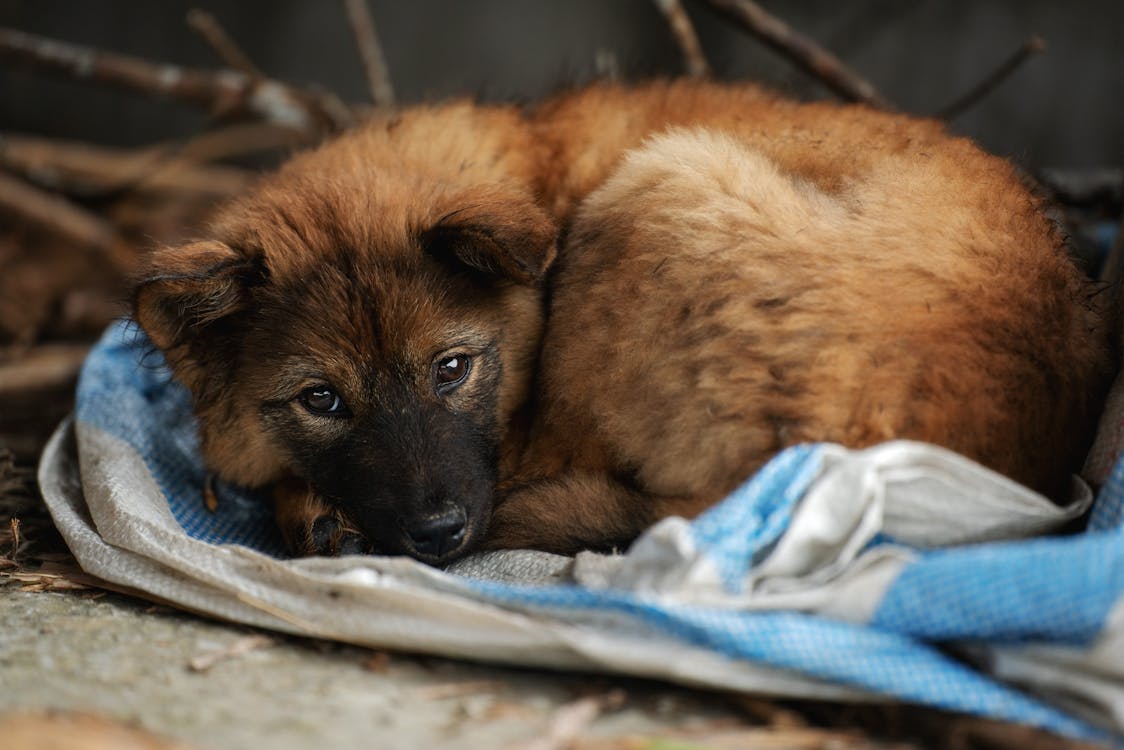Our furry friends can be tough and resilient, but just like humans, they are susceptible to injuries. Whether it’s a cut, a broken bone, or a sprain, watching our dogs suffer can be heartbreaking. As pet parents, we want nothing more than to ease their pain and help them heal. In this blog post, we will provide you with 10 practical tips to take care of your injured dog and ensure they have a smooth and speedy recovery. From providing a comfortable environment to administering medication, we’ve got you covered. So, let’s dive in!
1) Know the signs that your dog is injured

- Limping or favoring a certain limb
- Whimpering or crying in pain
- Loss of appetite or lethargy
- Swelling or bruising in a certain area
- Avoiding certain movements or activities
- Flinching when touched in a certain area
- Restlessness or pacing
- Bleeding or open wounds
- Difficulty breathing or abnormal panting
- Excessive licking or biting at a certain spot
2) Do not try to fix the injury yourself
As tempting as it may be, do not try to fix the injury yourself. This can do more harm than good and could potentially make the injury worse. Leave it to the professionals and take your dog to the vet as soon as possible. They will be able to properly assess the injury and provide the necessary care and treatment.
3) Take your dog to see the vet as soon as possible

This step is crucial when it comes to your dog’s recovery. Do not delay taking your dog to the vet as soon as you notice any signs of injury. Only a professional veterinarian can accurately diagnose and prescribe the right course of treatment. Time is of the essence, so act fast.
4) Follow the vet’s instructions for care
Your vet will likely provide specific instructions on how to care for your injured dog. It’s important to follow these instructions closely to ensure that your dog heals properly. This may include giving medication at specific times, limiting physical activity, and changing bandages regularly. By following these instructions, you can help your dog heal as quickly and safely as possible.
5) Keep your dog calm and quiet

When your dog is injured, it’s important to keep them as calm and quiet as possible. This can help reduce stress and pain, and can also help prevent further injury. Keep your dog in a quiet, comfortable place where they can rest without being disturbed. Avoid loud noises or sudden movements, and try to keep other pets and children away from your injured dog. If your dog is anxious or restless, talk to your vet about options for calming medication or behavior modification techniques.
6) Give your dog pain medication if prescribed
If your vet prescribes pain medication for your injured dog, be sure to give it as instructed. Follow the dosage and frequency recommendations carefully, and never give your dog any medications that have not been prescribed by the vet. Pain medication can help your dog feel more comfortable while they heal, so don’t skip this important step in their care.
7) Keep an eye on your dog’s injury

Once you bring your dog home from the vet, it’s important to monitor their injury regularly. Check for any signs of swelling, redness, or discharge. Make sure your dog isn’t excessively licking or scratching the area. Keep an eye out for any changes in your dog’s behavior, as this could be a sign that the injury is getting worse. If you notice anything concerning, don’t hesitate to call your vet for advice.
8) Call the vet if the injury does not seem to be healing
If your dog’s injury is not healing, don’t hesitate to contact your vet. It’s important to get your dog the care they need as soon as possible. Your vet may need to examine your dog again or prescribe a different treatment plan. It’s better to address the issue sooner rather than later, as an untreated injury can lead to further complications. Remember to keep your dog calm and limit their activity until the injury is fully healed.
9) Be patient

Healing takes time, and your dog may need several weeks or even months to fully recover. Avoid pushing your dog too hard and allow them to rest as much as possible. Be patient and trust the healing process. Remember, your dog will need your love and support throughout their recovery.
10) Reward your dog for being a good patient
It’s important to show your dog that you appreciate their cooperation during their healing process. Offer them extra cuddles, treats, or playtime as a reward for being a good patient. Even a small gesture can go a long way in boosting your dog’s morale and helping them recover faster.


